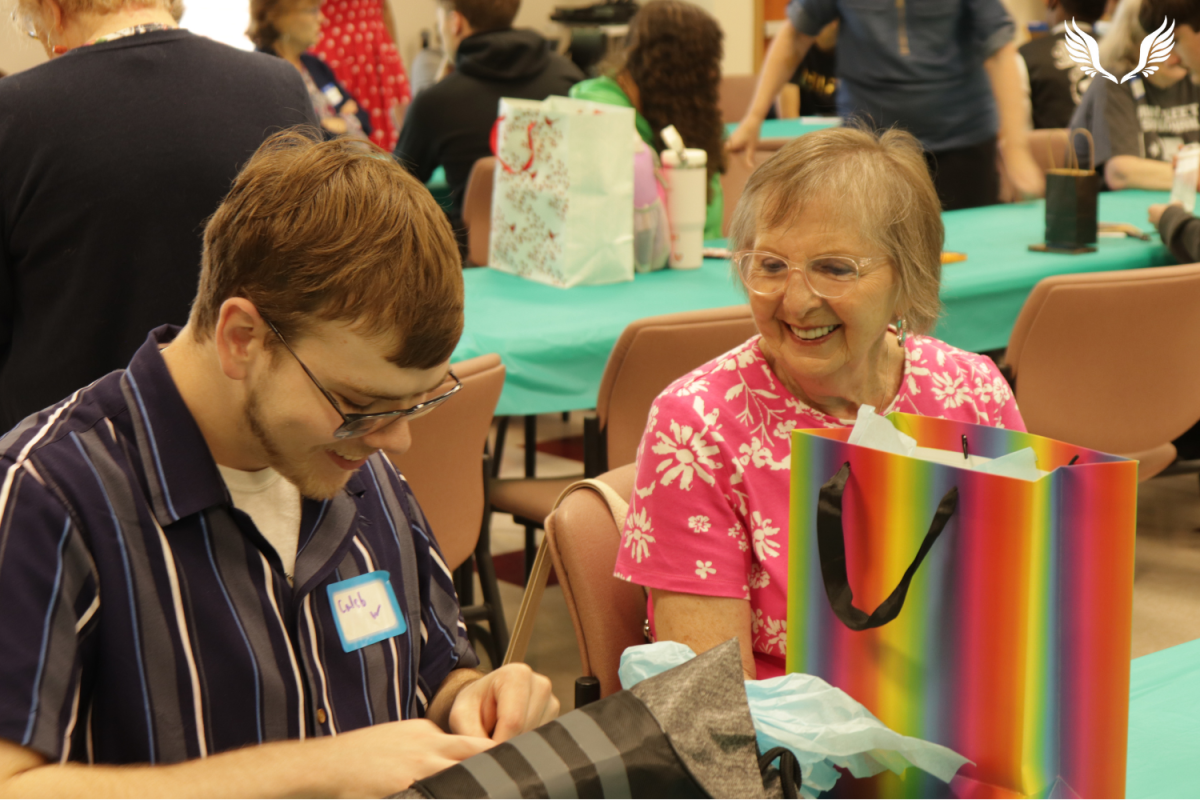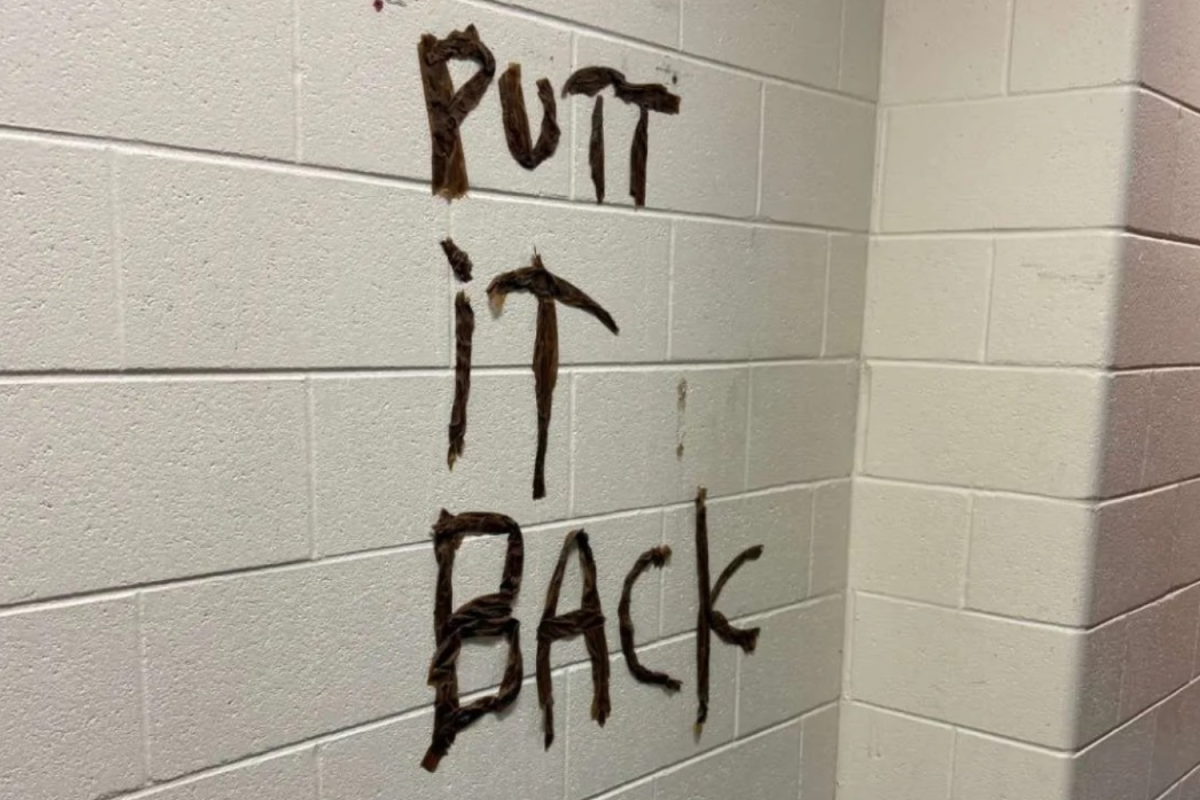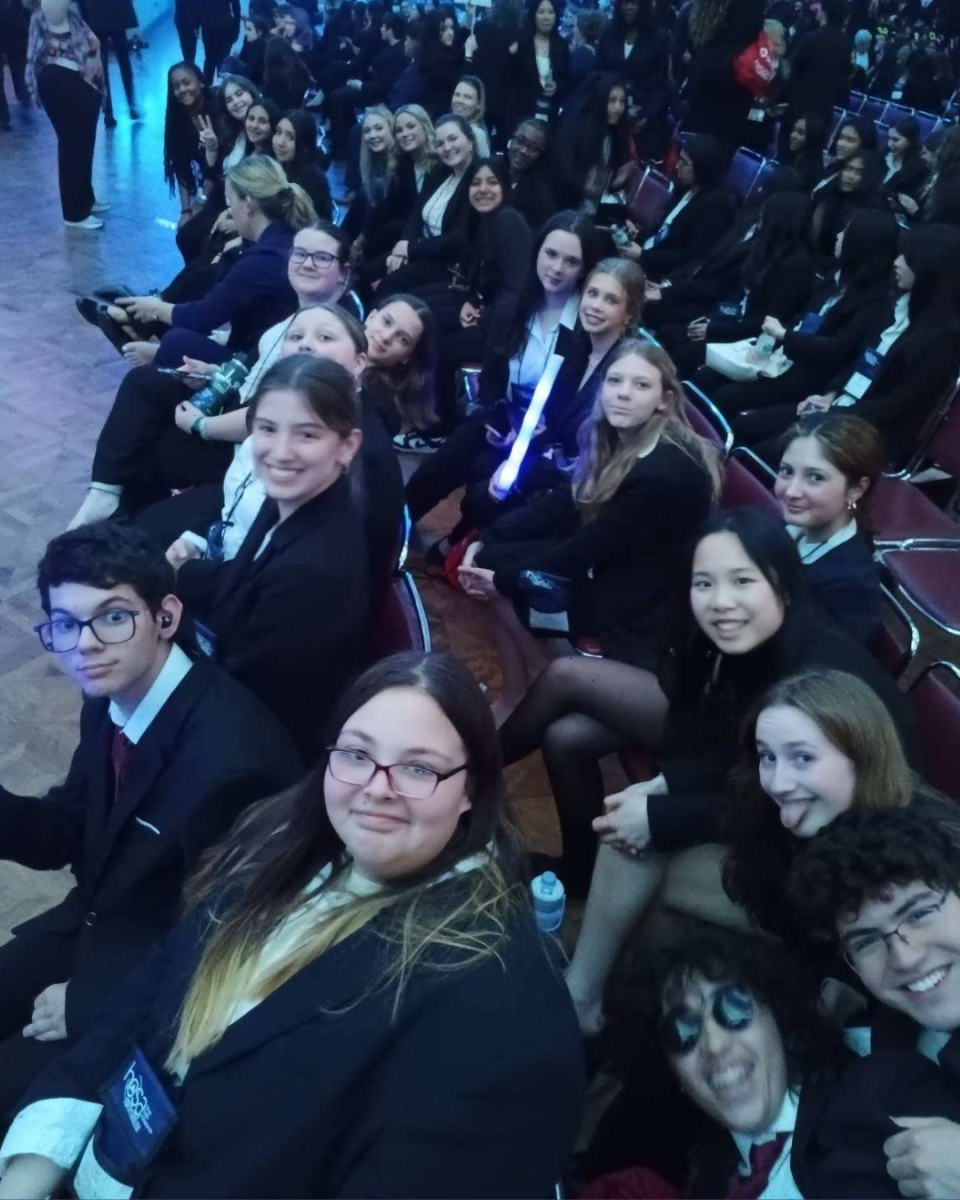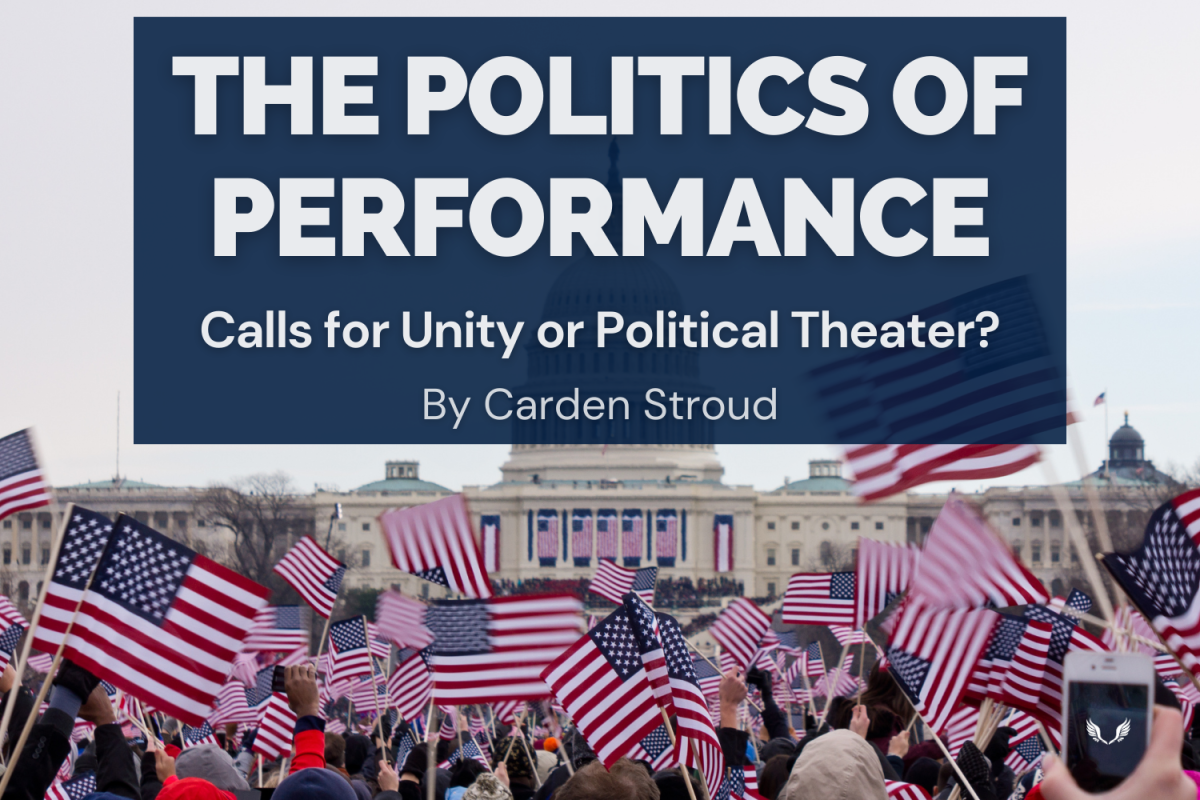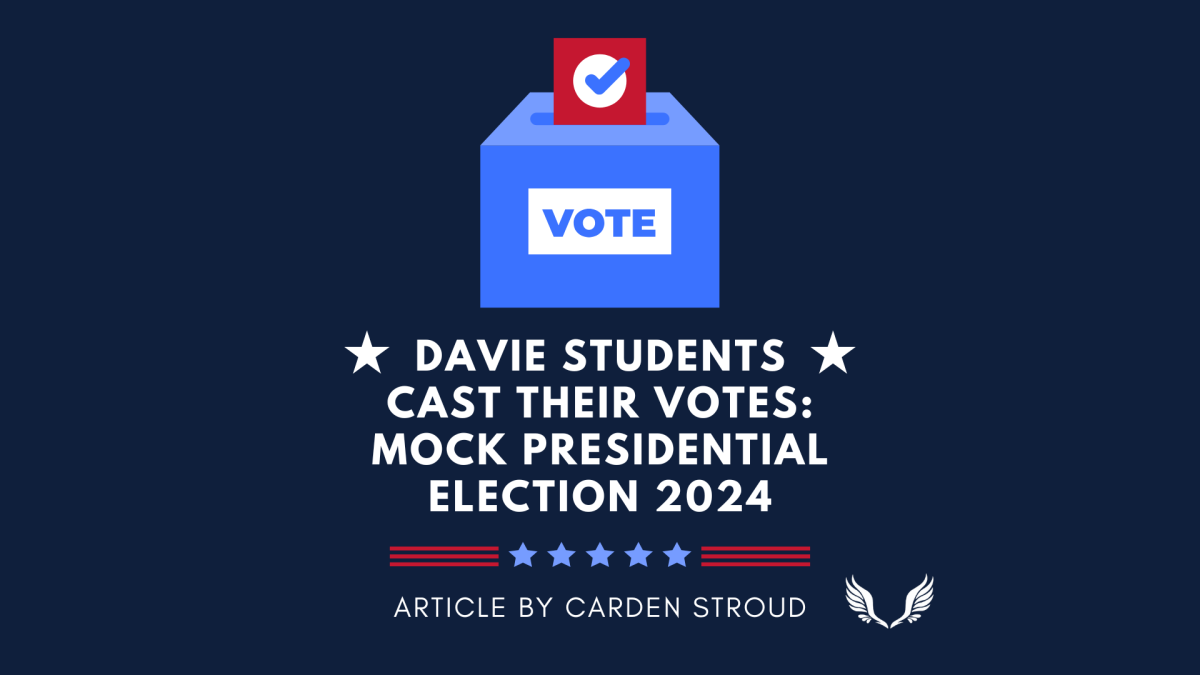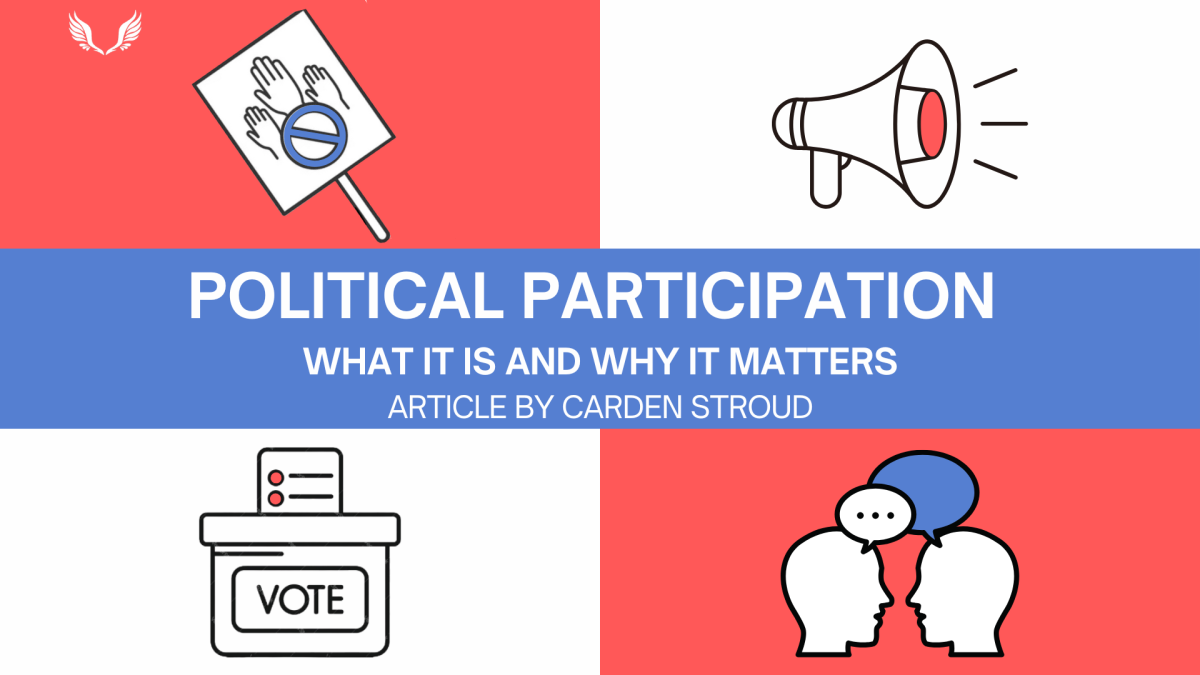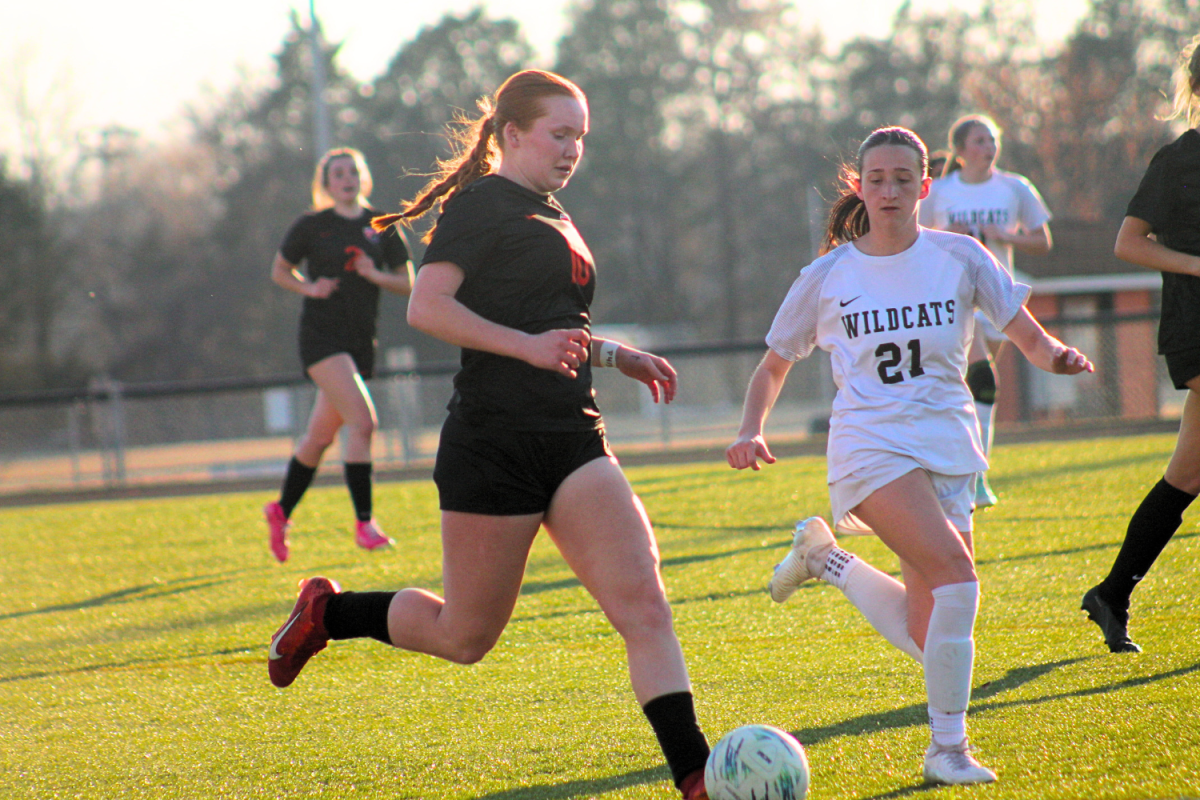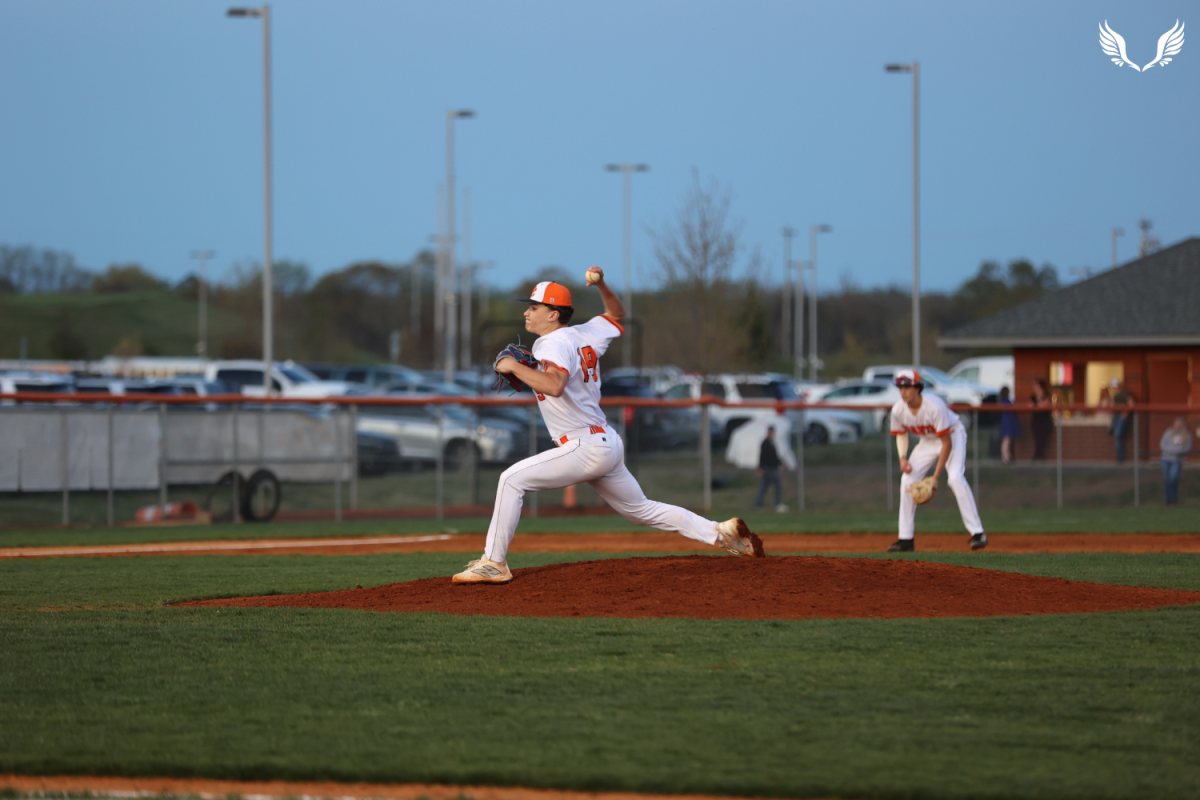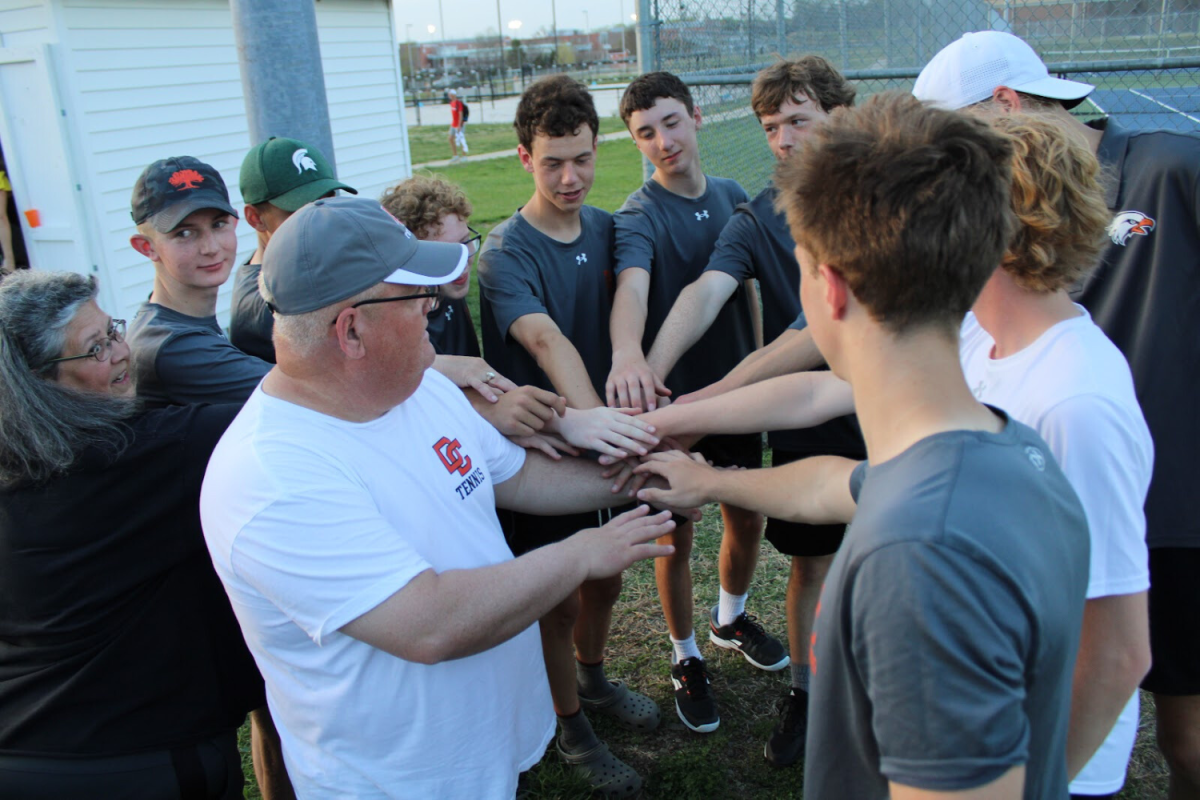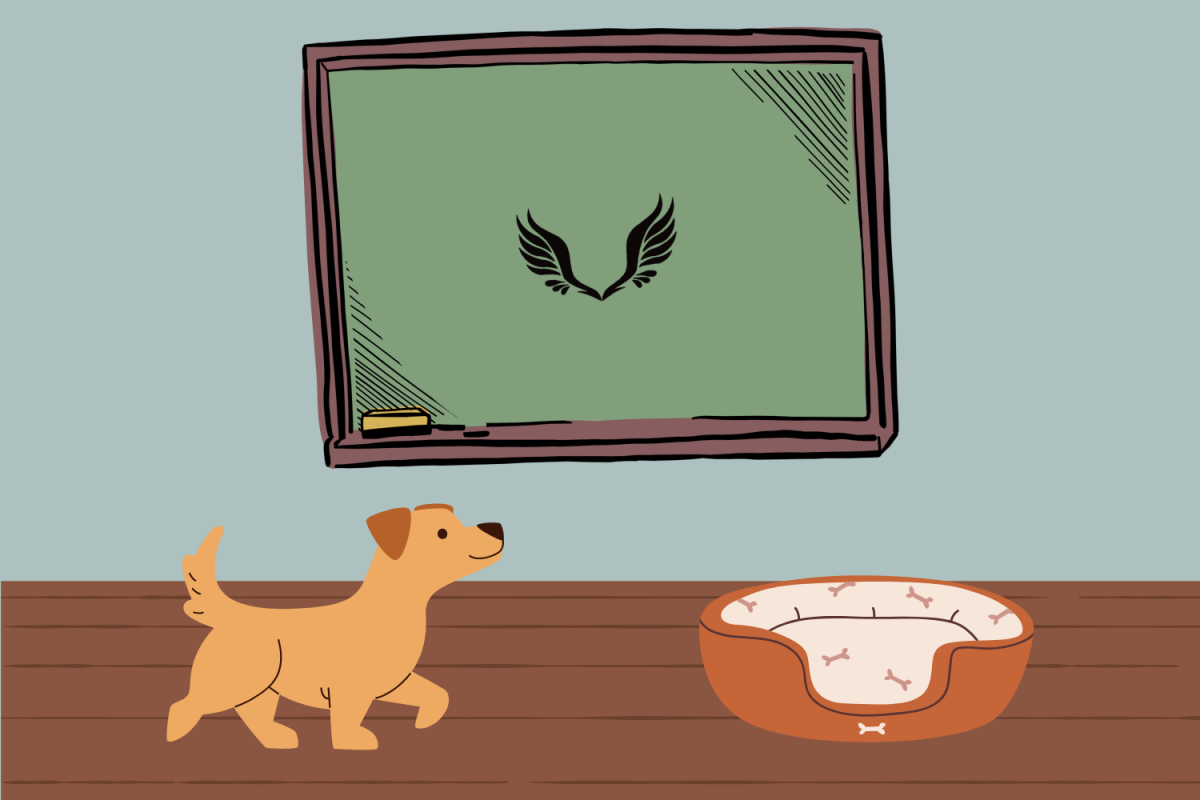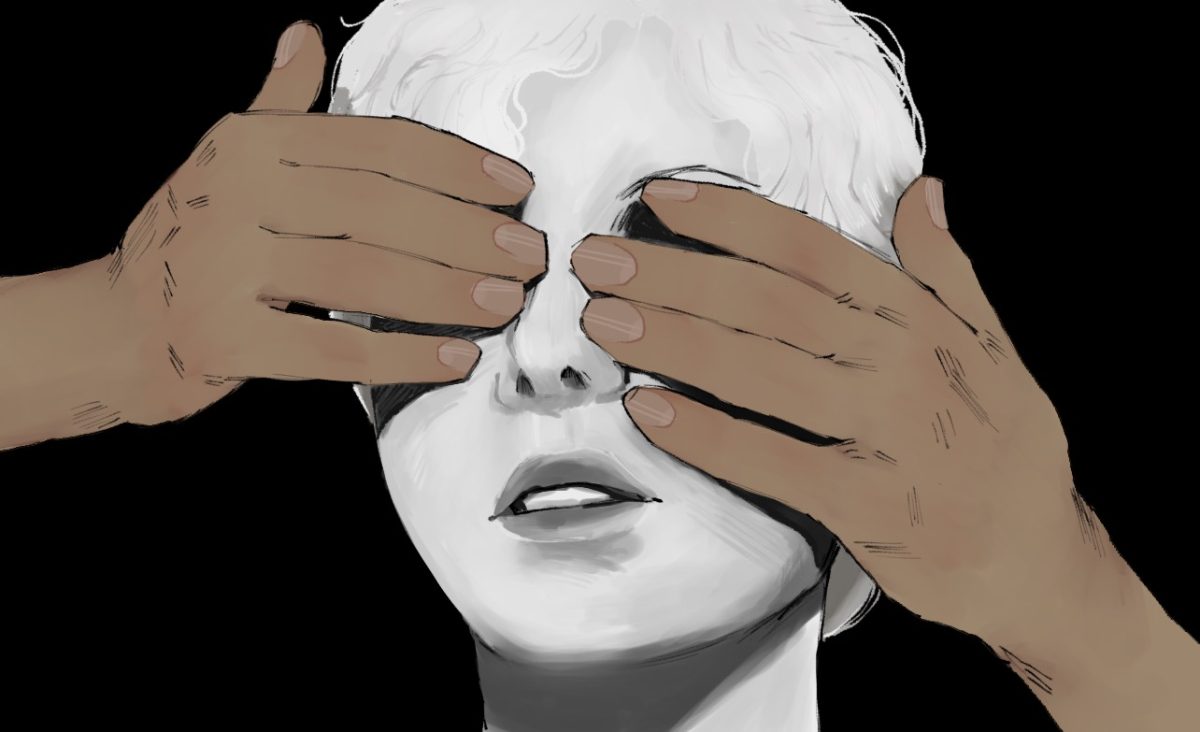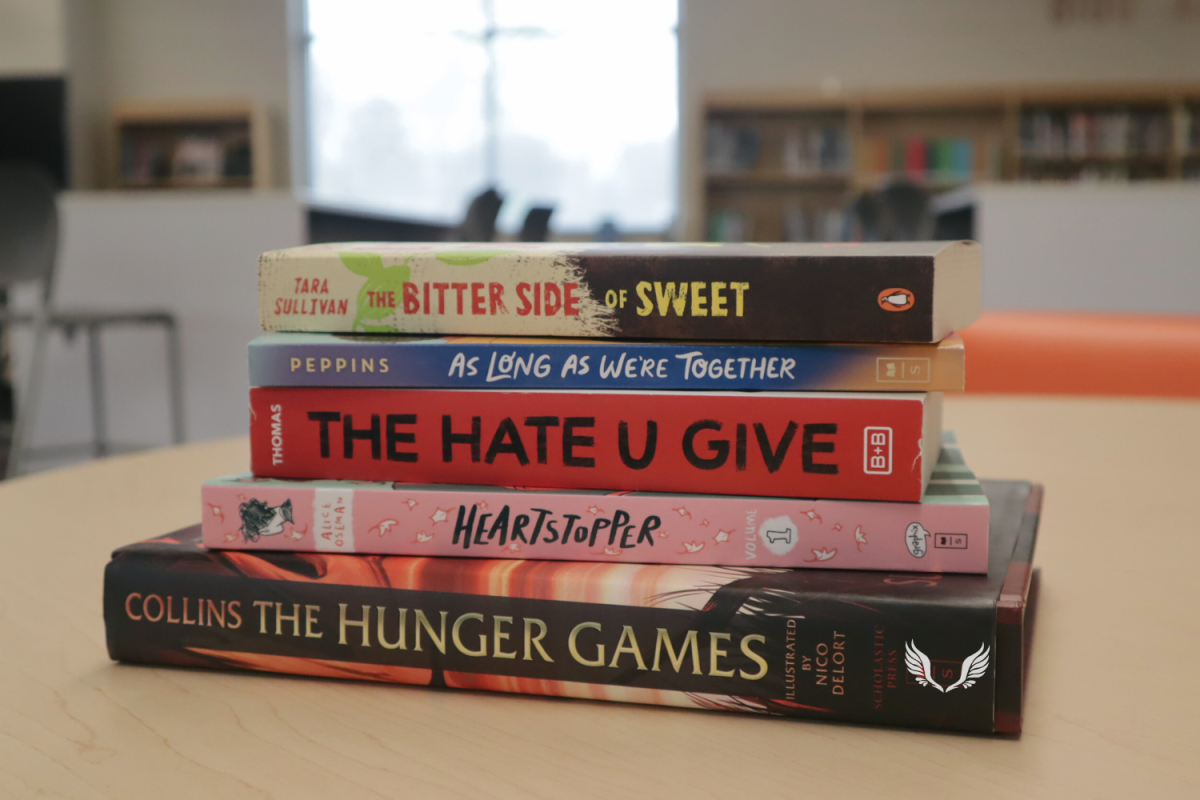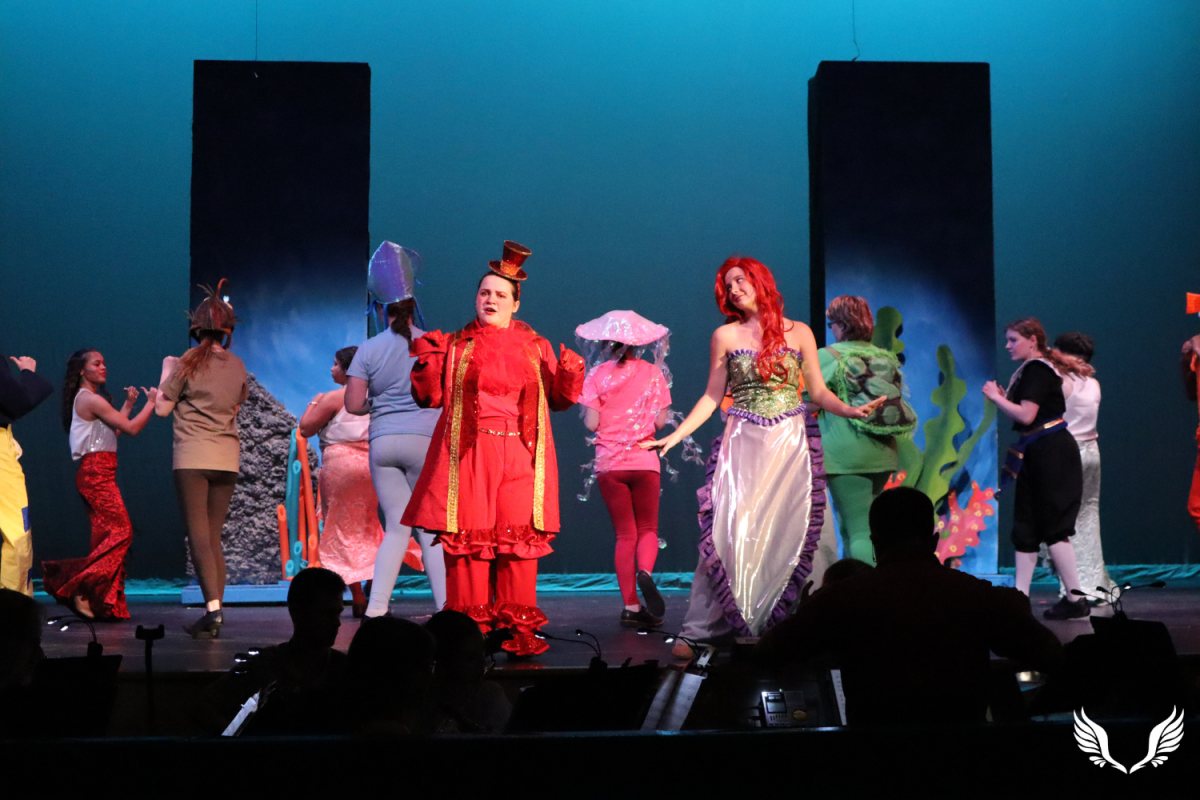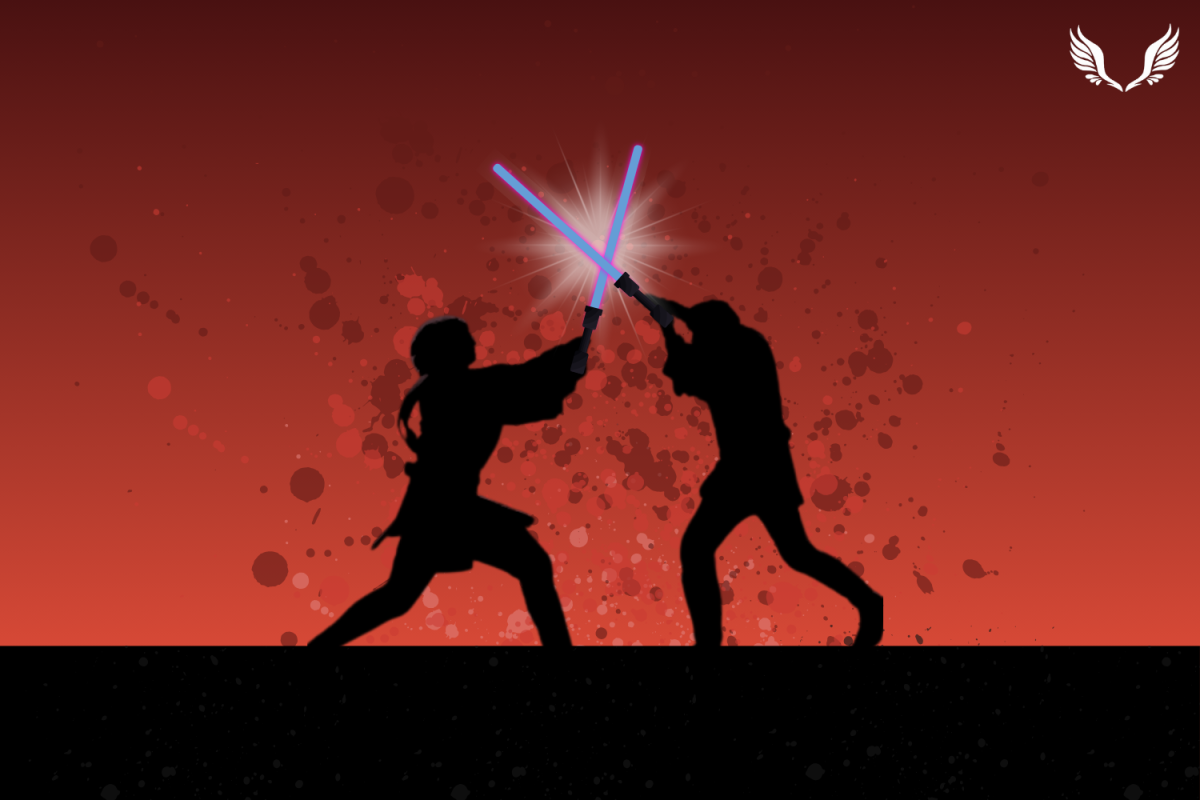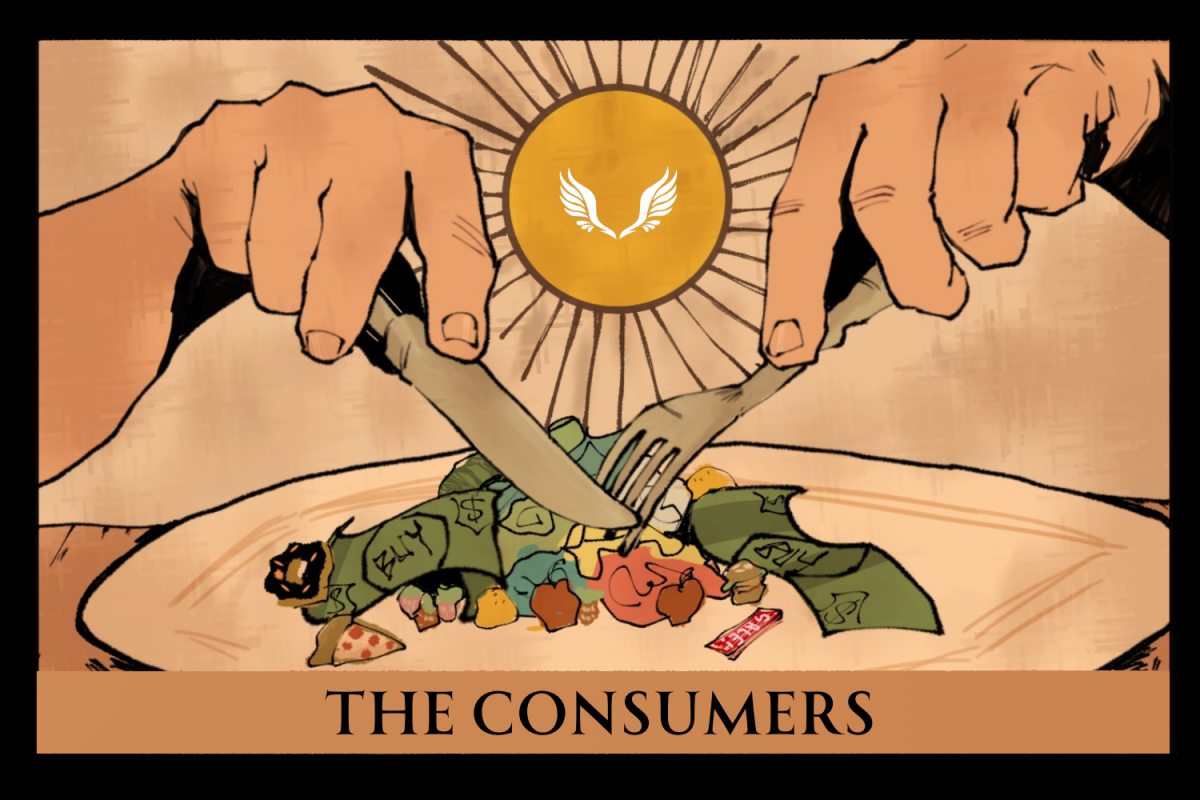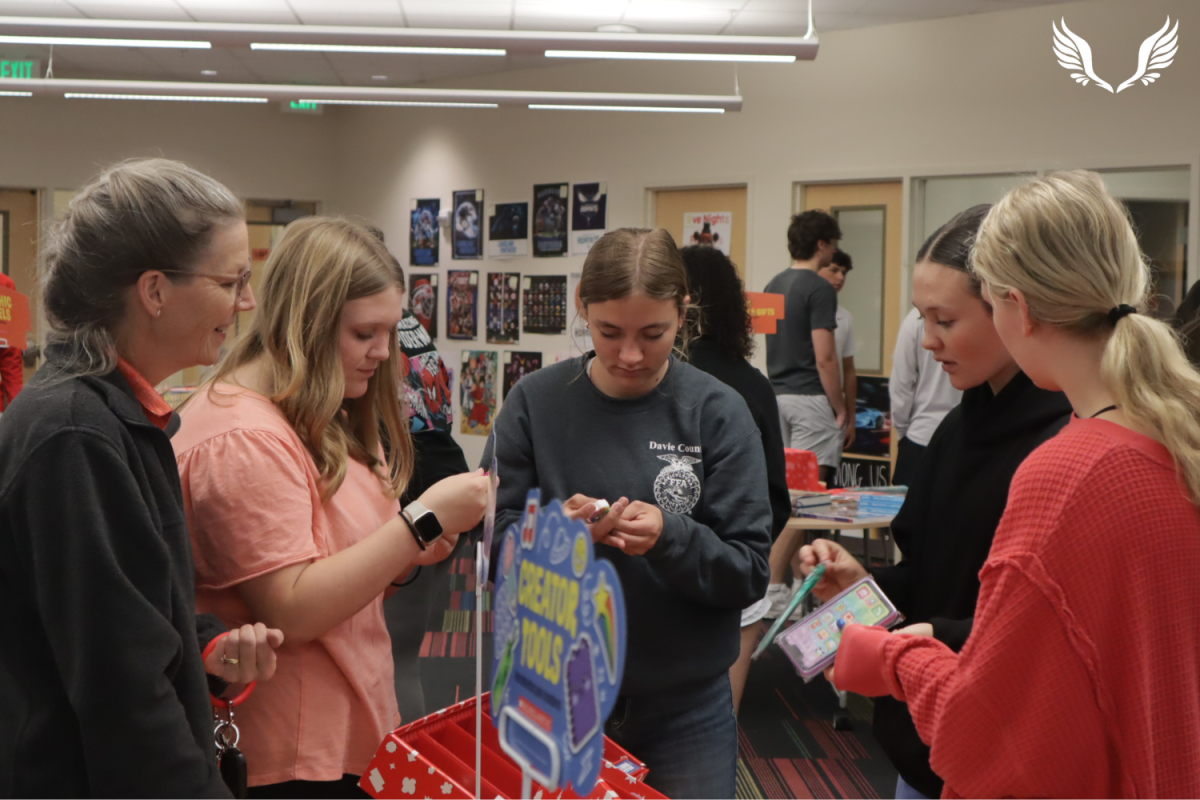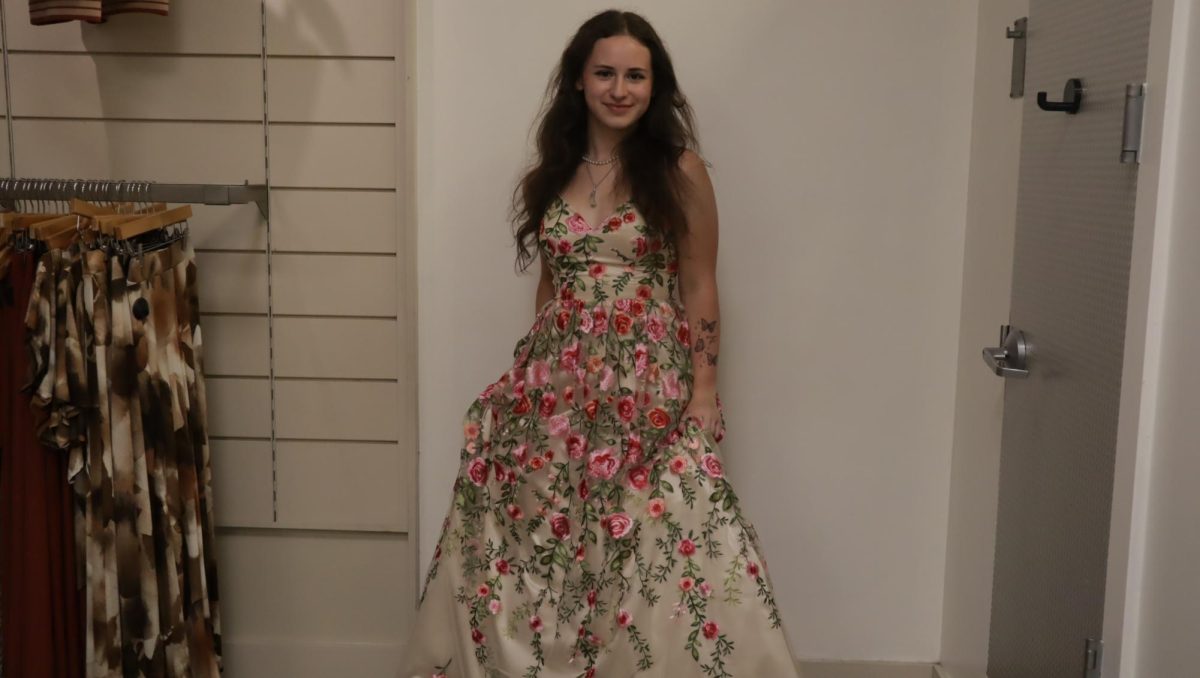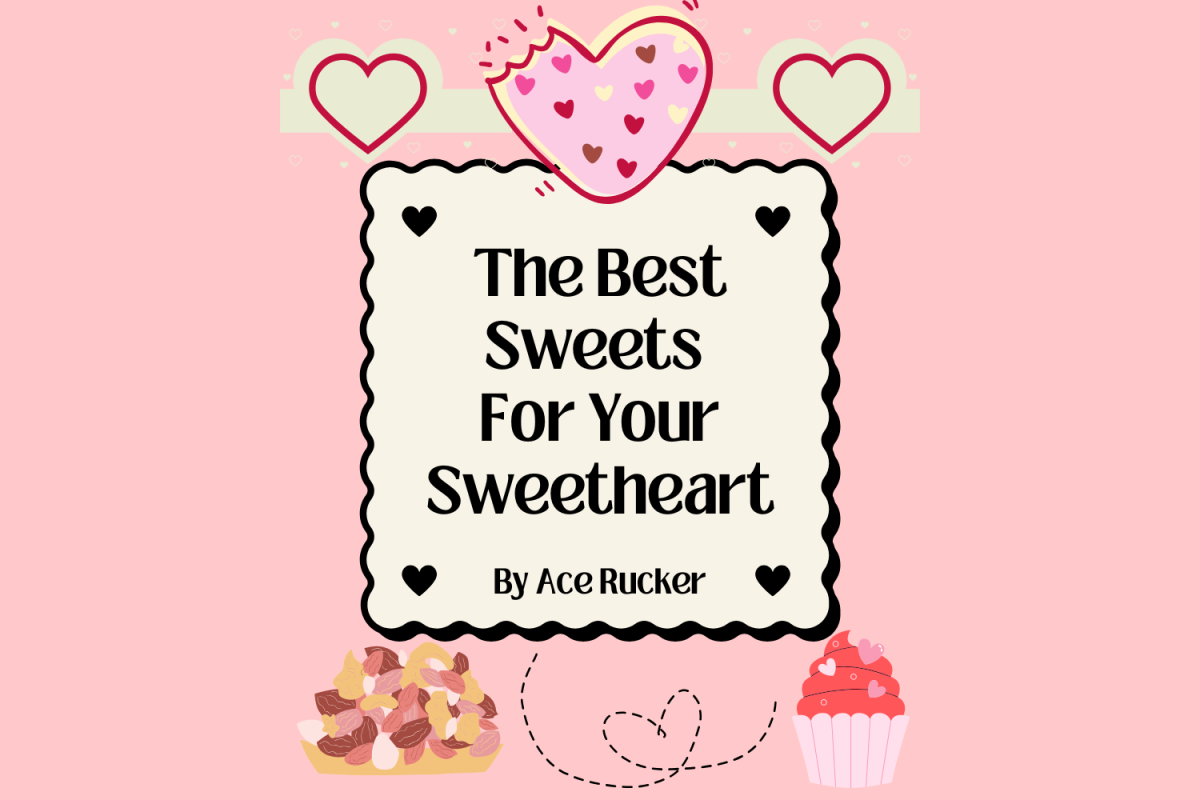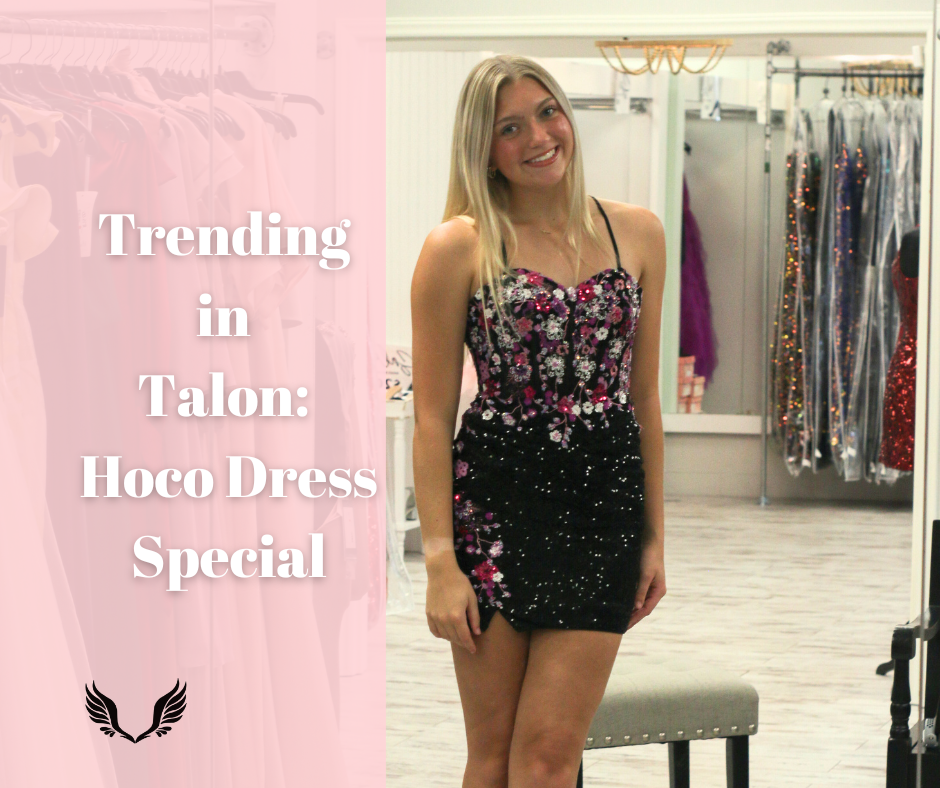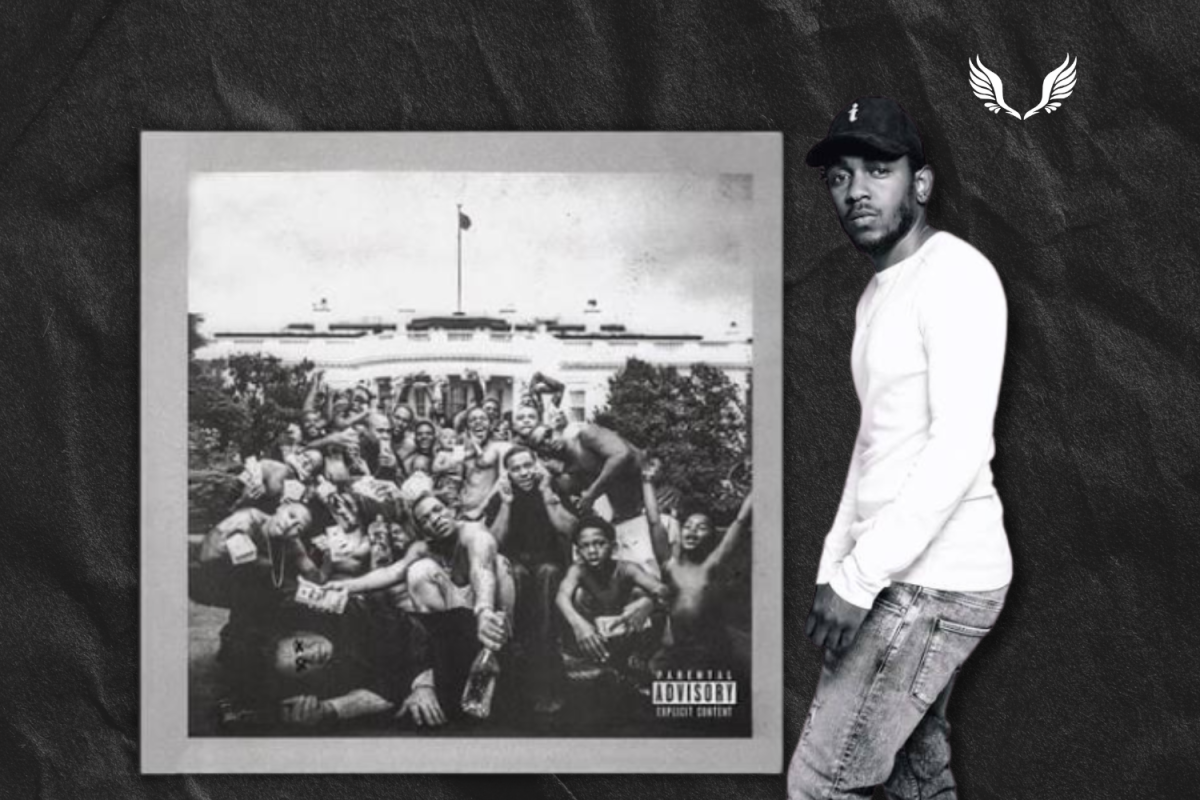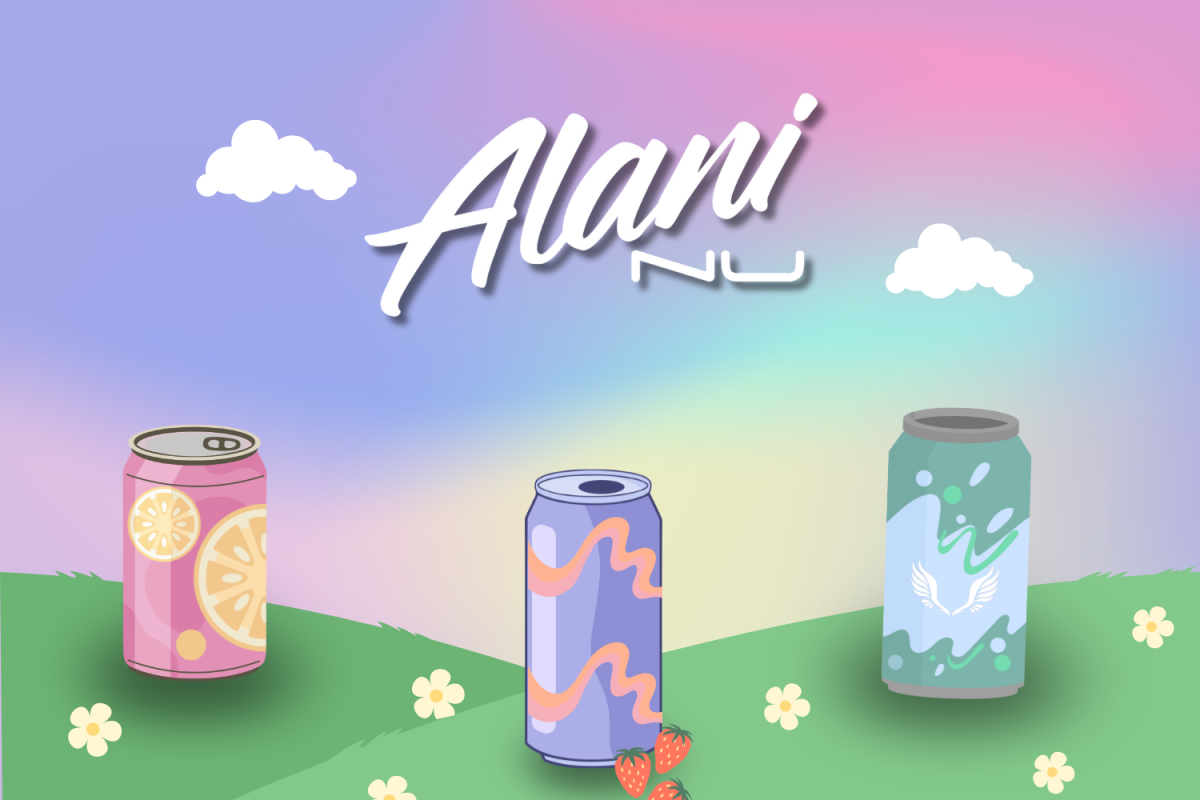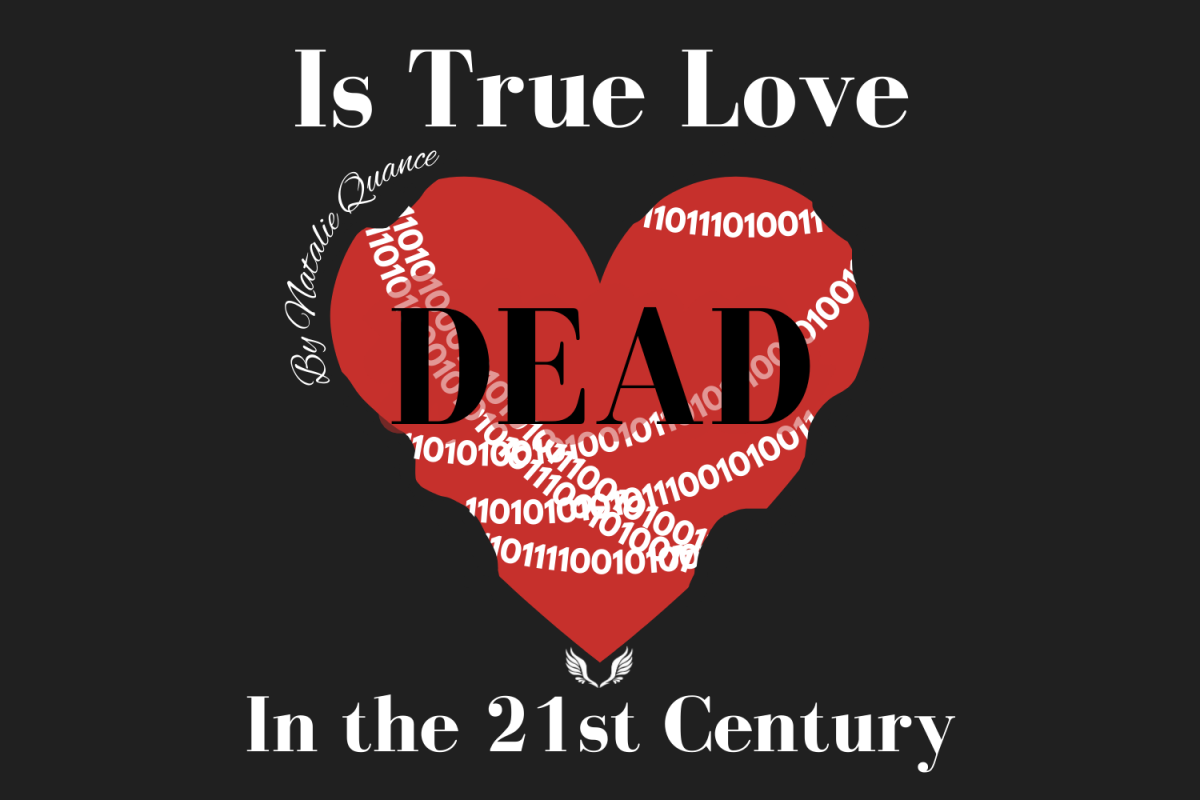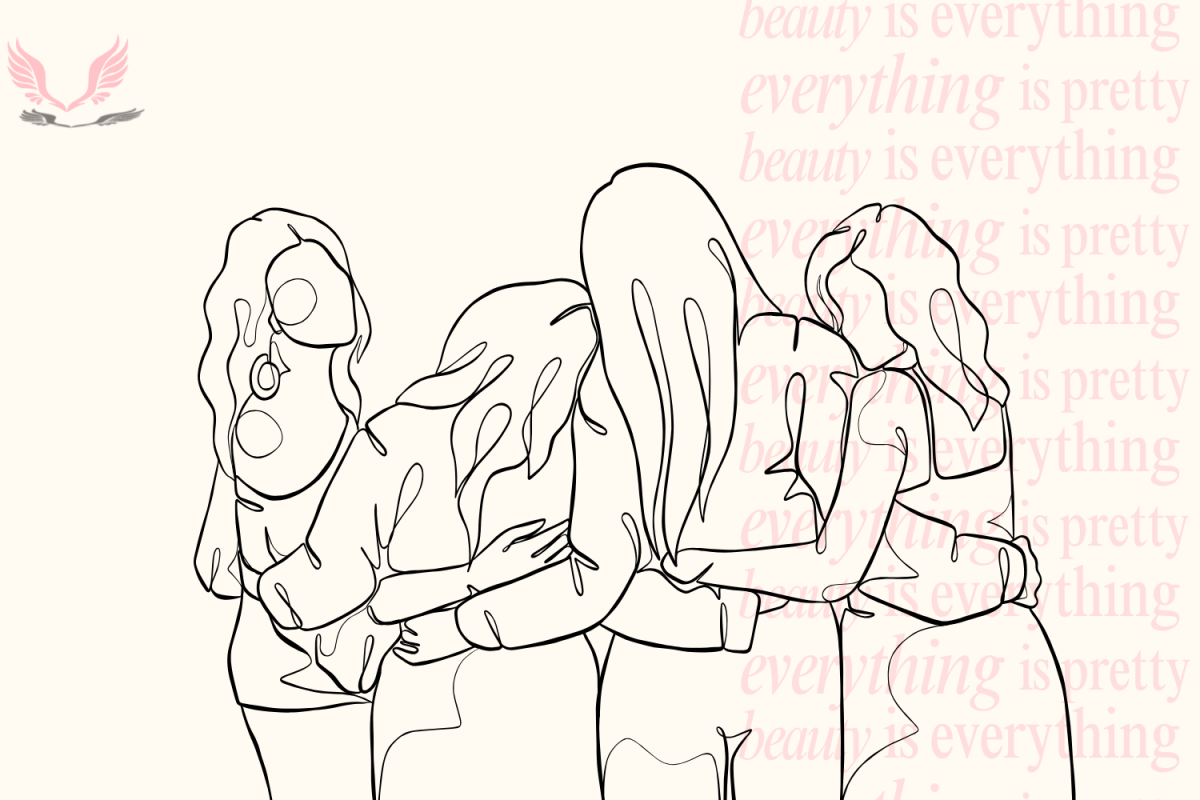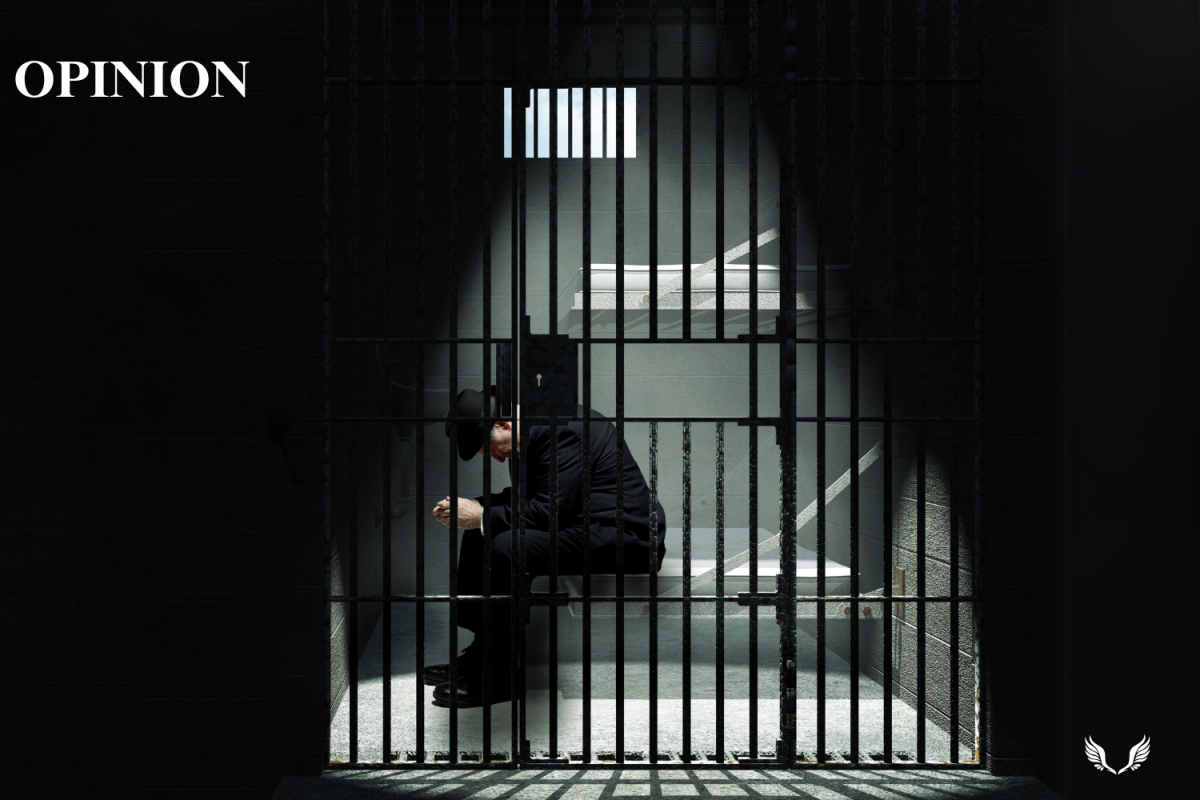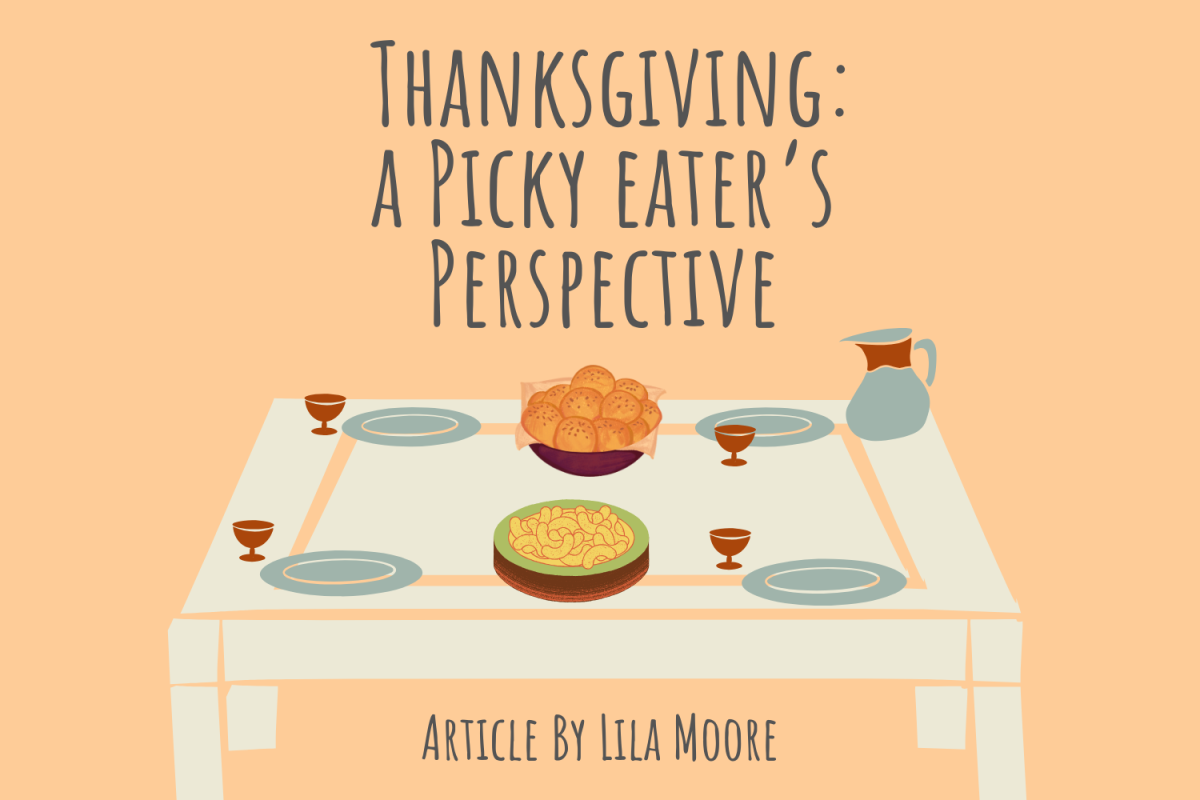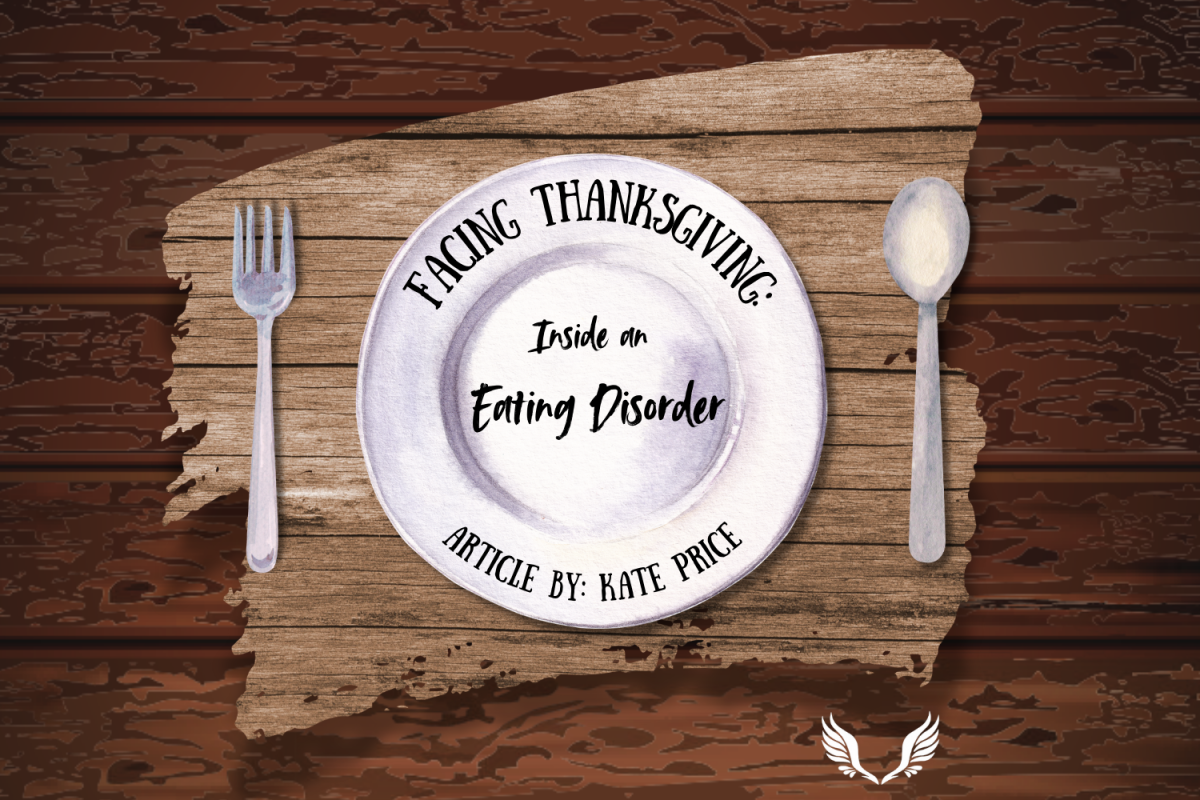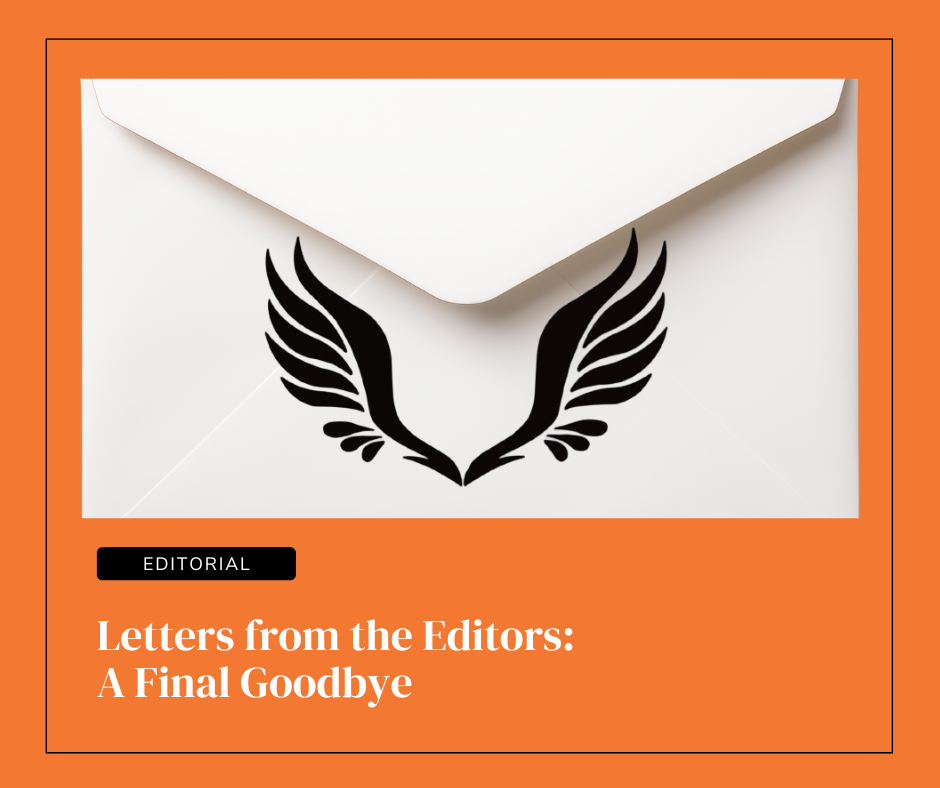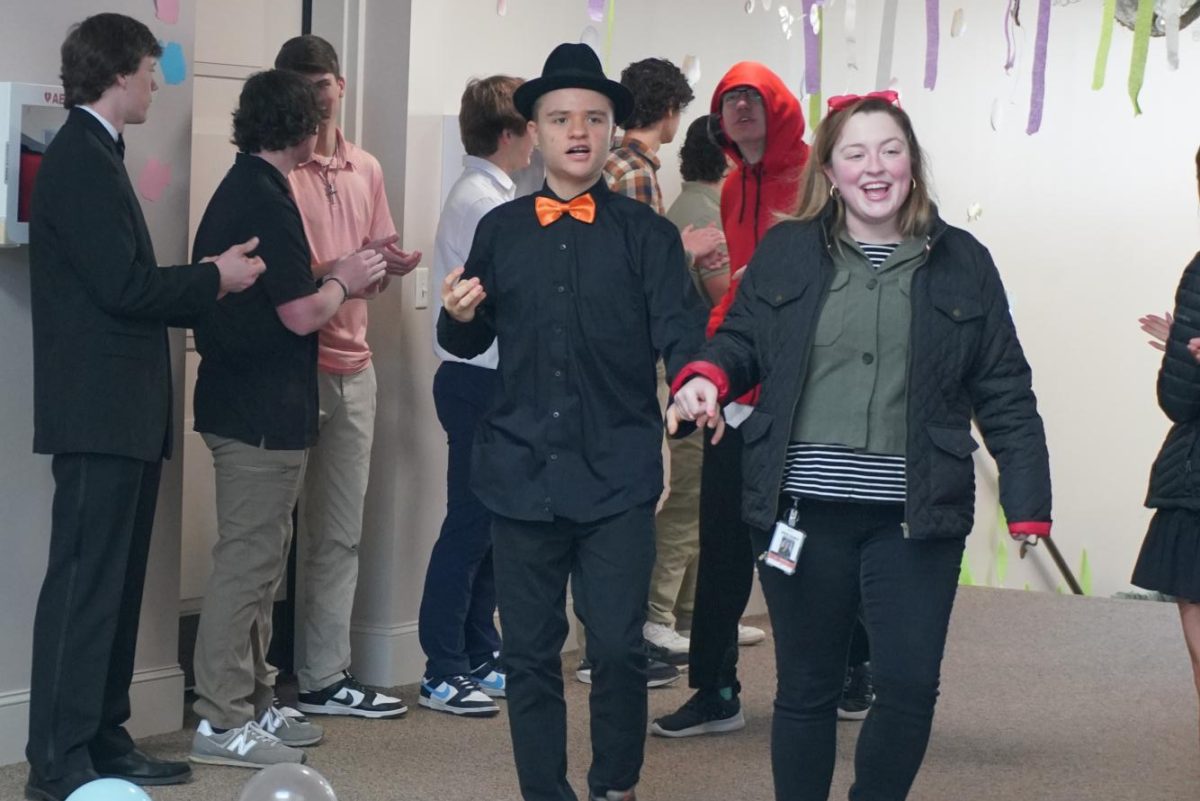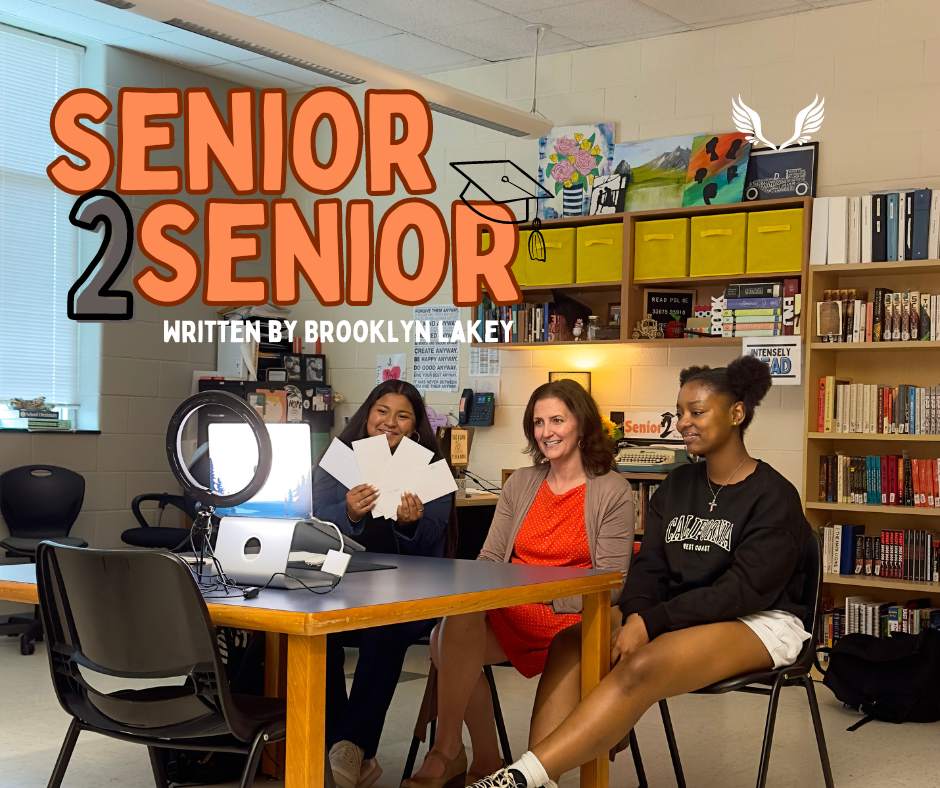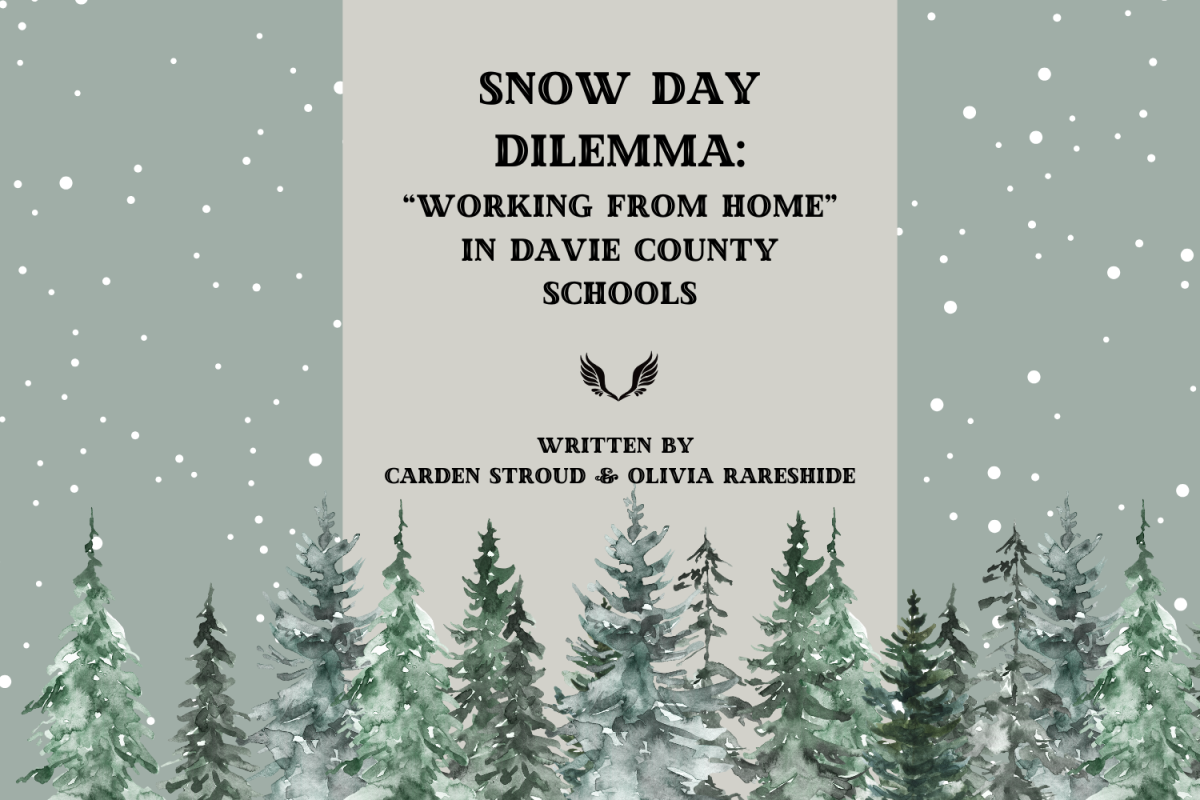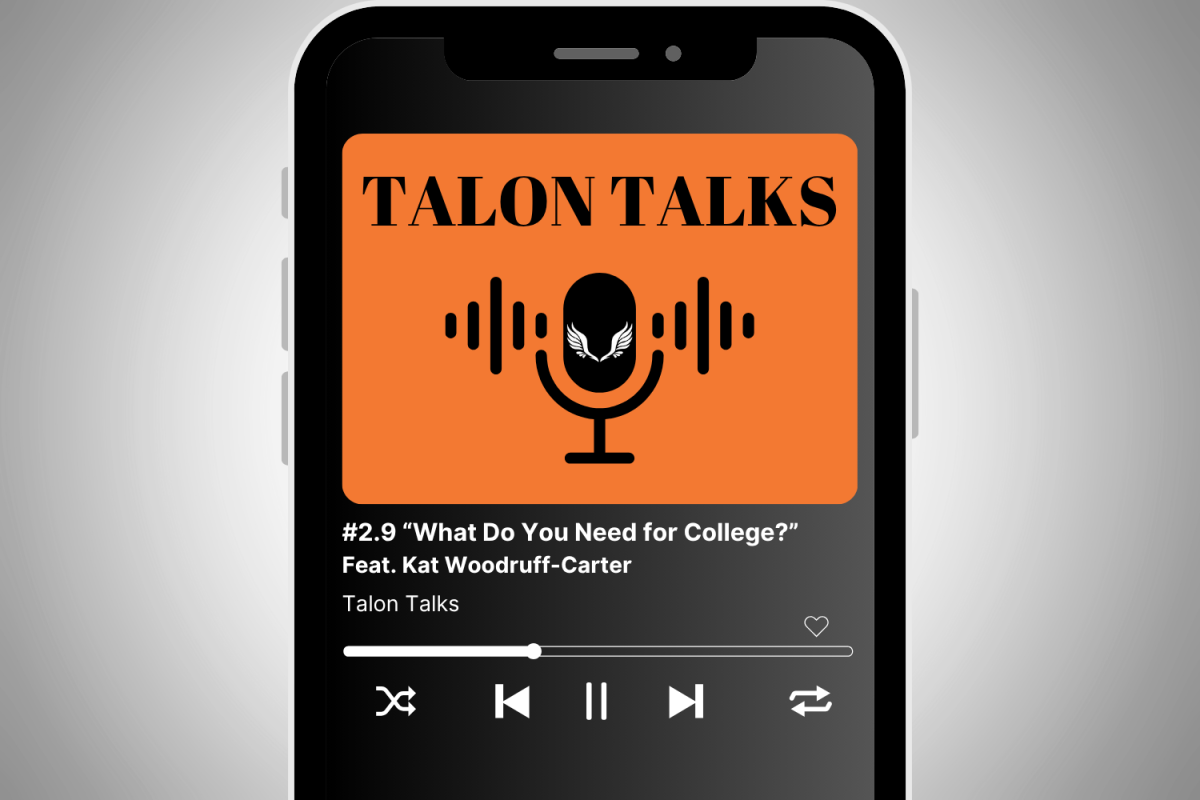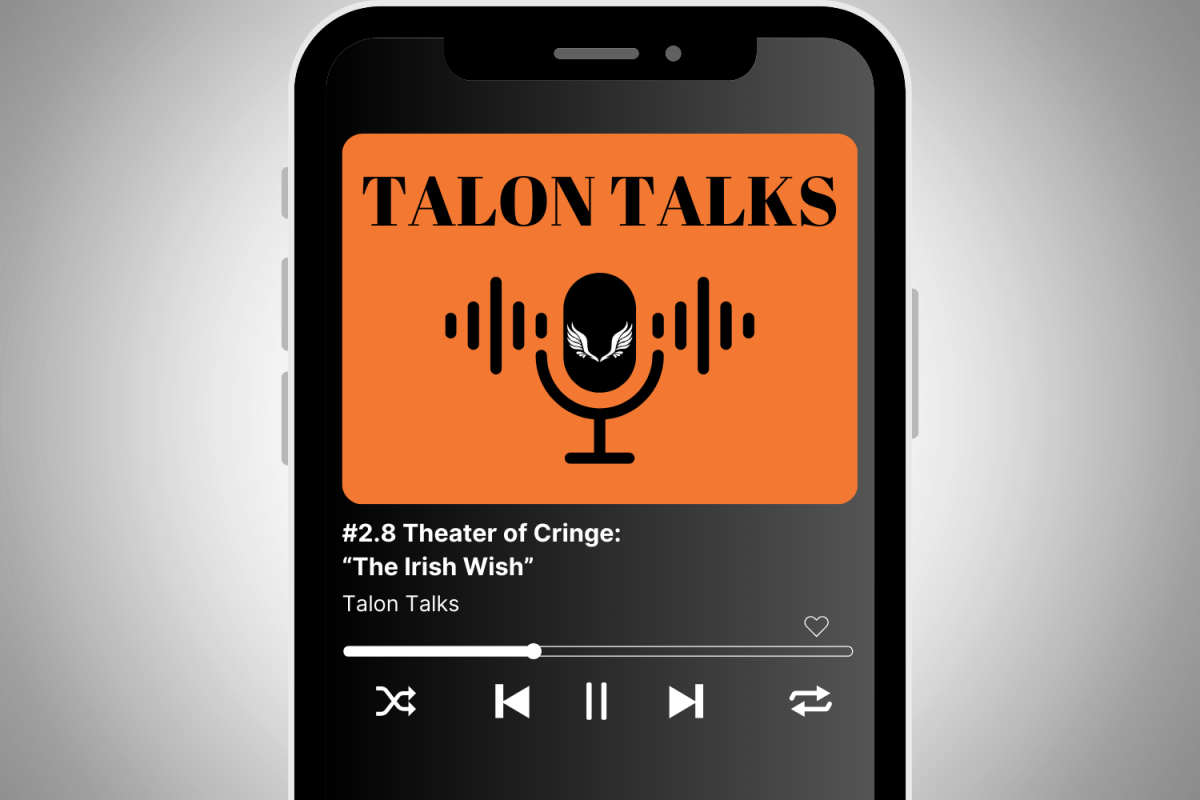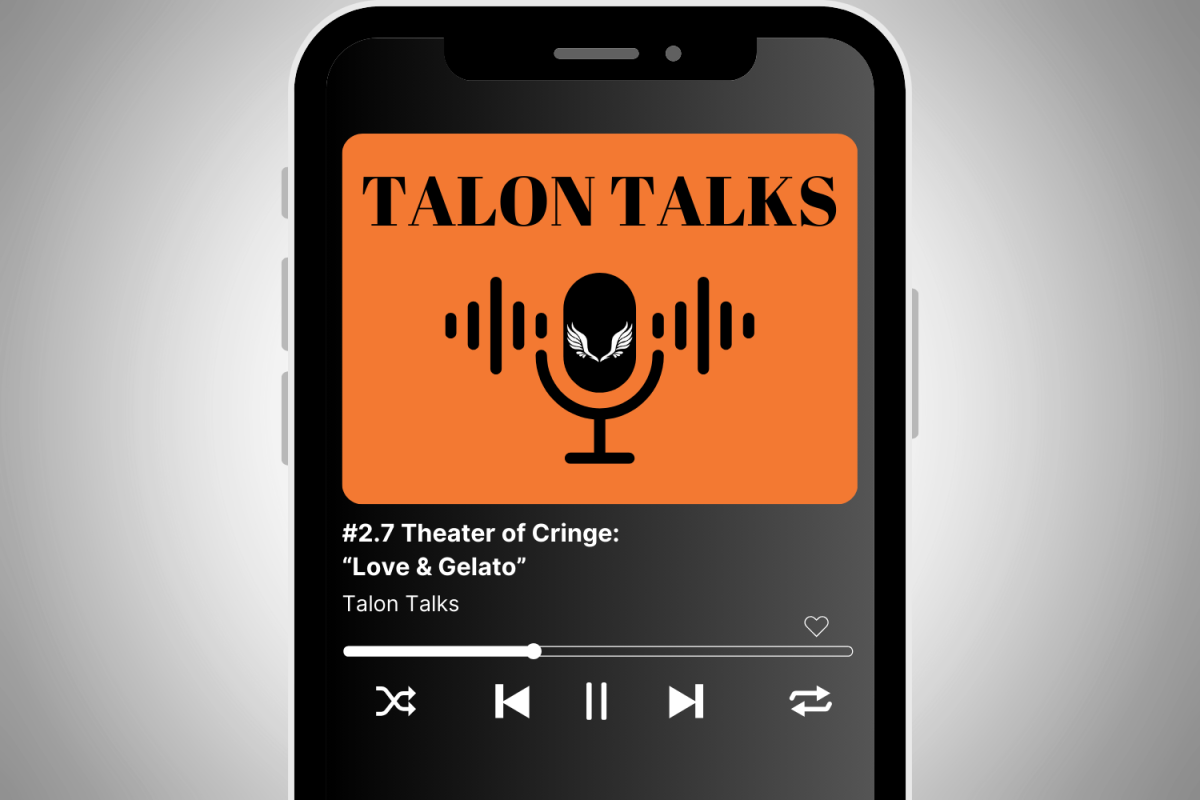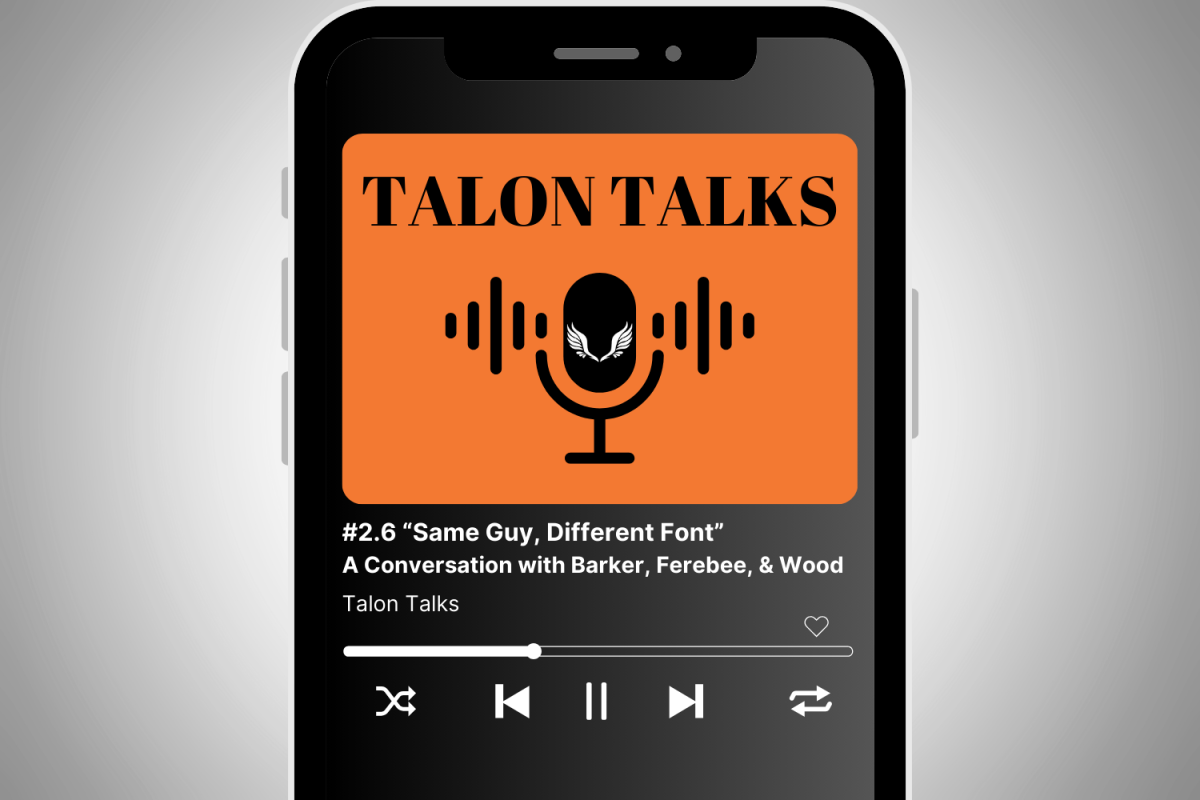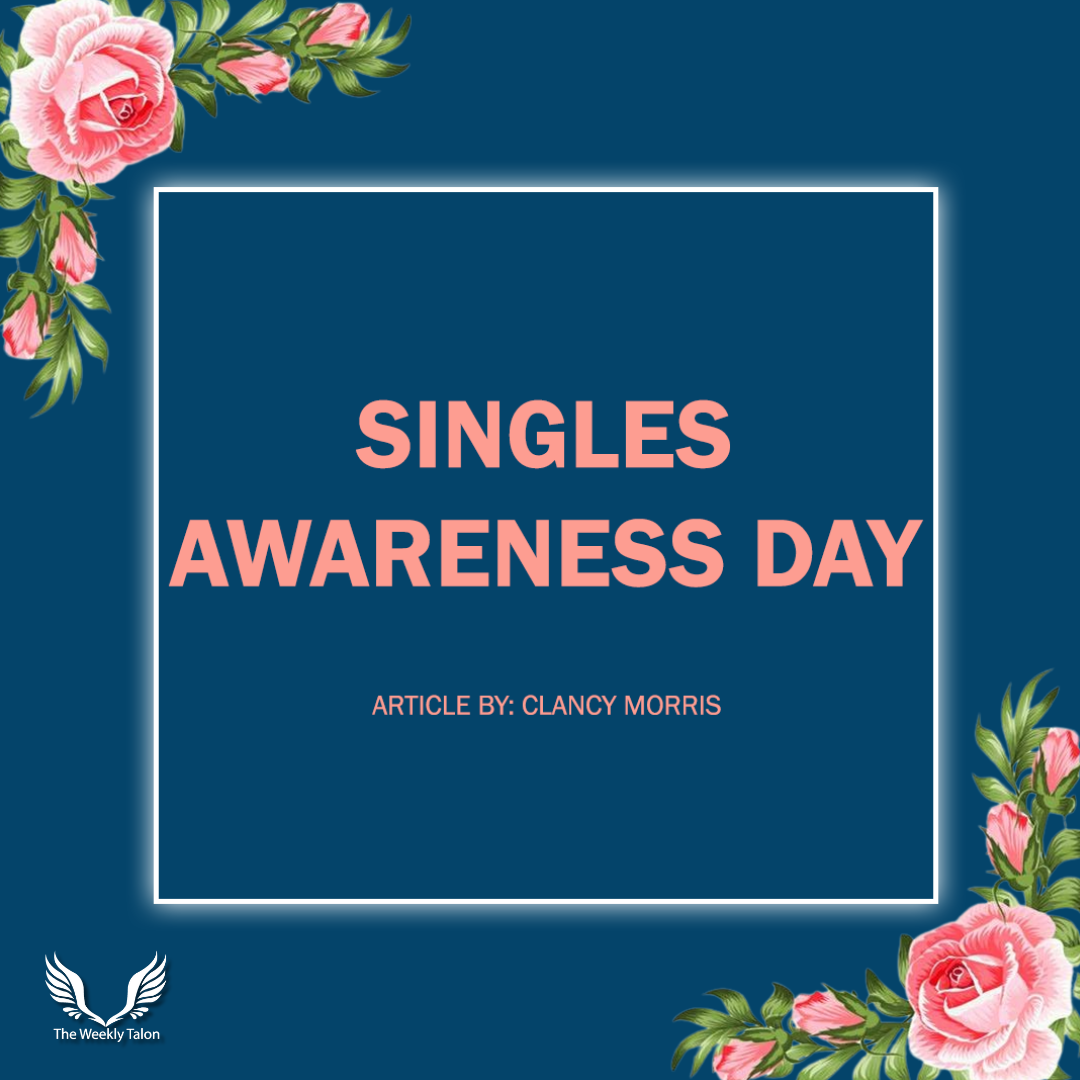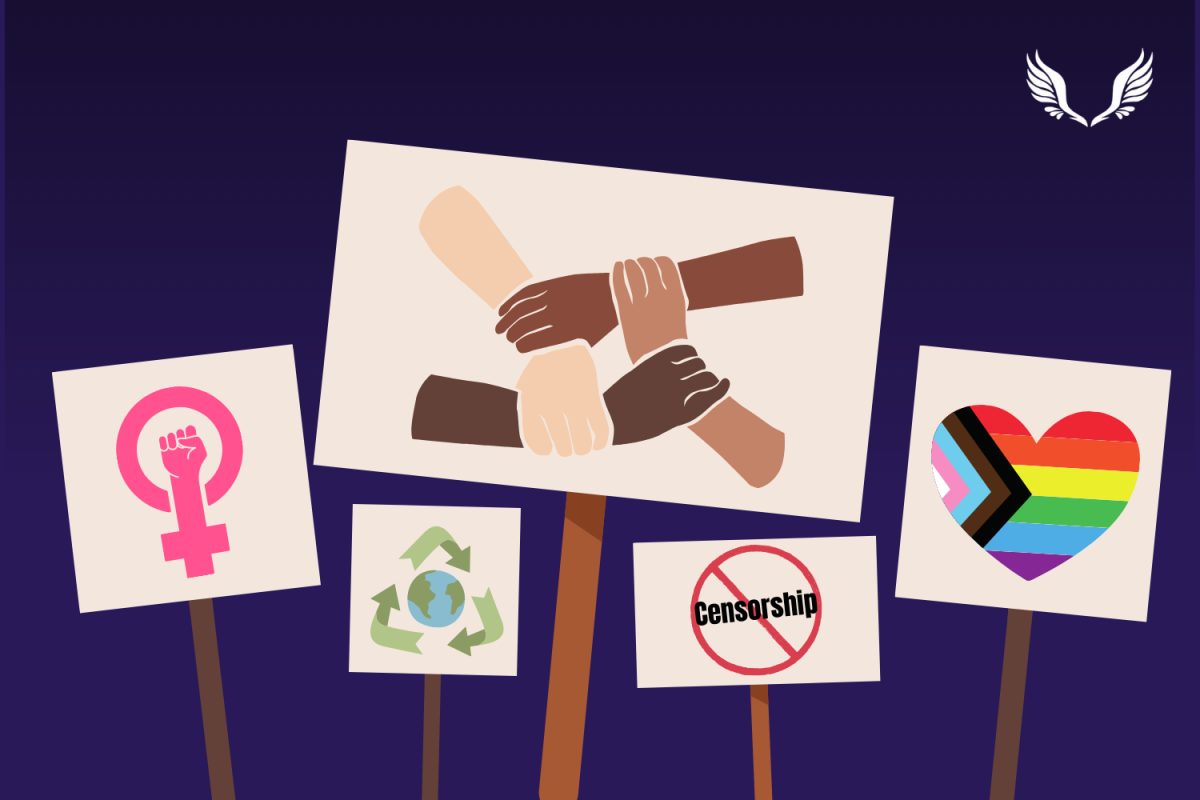With hearts in just about every corner and Cupid abuzz, it seems that love is in the air for everyone; that is, everyone except singles.
Everyone has love filling up their hearts right now, but what about the singles? Who’s there for them during a time where they don’t have someone to lift them up and care for them?
Surprisingly, there are actually multiple benefits of living the single life. According to Health Digest, single people are not only more likely to exercise more but also have a bigger social life, sleep more, and be closer to their siblings. Being single allows for more relationships (platonically) than with a significant other.
Apart from that, it’s no surprise that teen relationships are usually temporary. According to The ACT for Youth Center, relationships for sixteen-year-olds usually only last six months, and for eighteen-year-olds it’s a year. With this in mind, WebMD states the after-effects of a breakup are depression and stress, enough of which can trigger the effects of heart disease (if mental distress goes on for long enough).
Considering all of these unhealthy side effects, should teenagers even engage in such short-run relationships that always end with sadness? Collin Ferebee, science teacher and women’s tennis and soccer coach, has often seen students deal with a variety of emotions following a breakup.
“Sometimes they’re glad because they know things weren’t good. And they’re like, ‘Oh, I’ll finally be myself again and hang out with my friends,’ because they weren’t in a great relationship,” Ferebee says. “Sometimes they can be really upset for a long time.”.
Relationships in high school are often a double-edged sword, a fact that Ferebee notes when reflecting on his own experiences at this age.
“I think sometimes people get too caught up,” Ferebee notes. “Like all they see is their significant other and lose the rest of the world. So it’s nice that I could like have someone but also not only be with that person all the time.”
In an article for Psychology Today, Carl E Pickhardt Ph.D. notes how relationships between the ages of fifteen to eighteen are “more powerful attachments,” than minors this age know. This yet again could be proof that maybe people should simply wait until adulthood to build strong, long-lasting relationships, rather than fleeting ones that don’t usually last long.
Additional research from a study from Bella DePaulo Ph.D. confirms that while couples do have friends (20-25% are shared when not living with each other,) single people who are not dating have more friends all around.
Nevertheless, being single or taken can have benefits. Whether you have a special someone or are living it up as a single pringle, both statuses can give a fulfilling life that reaps rewards.




